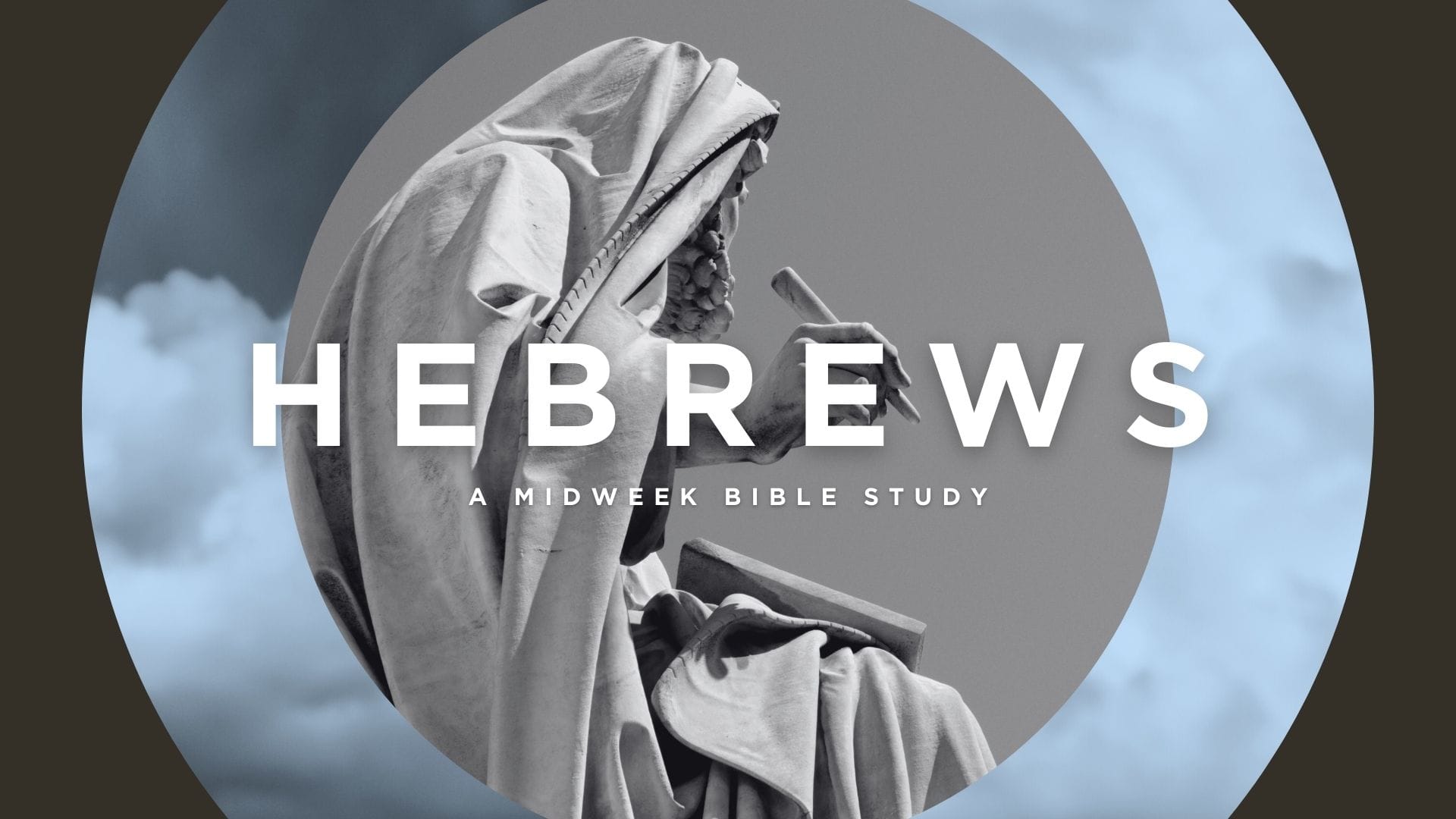Men's Bible Study Summary: Hebrews 4:14-5:10
This passage offers both theological richness and practical comfort, reminding us that in our weaknesses, struggles, and temptations, we have an advocate before the Father who fully understands and intercedes for us.

Introduction
In our study of Hebrews 4:14–5:10, we discussed Jesus as our great High Priest. This passage offers both theological richness and practical comfort, reminding us that in our weaknesses, struggles, and temptations, we have an advocate before the Father who fully understands and intercedes for us. Jesus’ priesthood is not distant or ceremonial; it is deeply personal and transformative.
Jesus, Our Sympathetic High Priest (Hebrews 4:14–16)
The passage begins with an exhortation: “Since then we have a great high priest who has passed through the heavens, Jesus, the Son of God, let us hold fast our confession” (4:14). The phrase “passed through the heavens” points to Jesus’ ascension, affirming that He is not merely an earthly priest but one who ministers in the very presence of God. This is a call to perseverance—because our High Priest reigns in heaven, we can remain steadfast in our faith.
But what makes Jesus’ priesthood so unique is not only His divine authority but also His deep sympathy: “For we do not have a high priest who is unable to sympathize with our weaknesses, but one who in every respect has been tempted as we are, yet without sin” (4:15). Jesus understands our struggles—not from a distance, but from firsthand experience. He knows what it means to feel hunger, exhaustion, rejection, sorrow, and temptation. And yet, He remained without sin, making Him the perfect representative before the Father.
The result? We are invited to approach God boldly: “Let us then with confidence draw near to the throne of grace, that we may receive mercy and find grace to help in time of need” (4:16). This is a stunning reality. Because of Jesus, God’s throne is no longer a place of condemnation but a throne of grace. In Christ, we find mercy for our failures and strength for our trials.
The Qualifications of a High Priest (Hebrews 5:1–4)
The writer of Hebrews then outlines the qualifications of a high priest, showing how Jesus fulfills and surpasses them. A high priest, according to the Old Testament, was chosen from among the people to act on their behalf before God, offering sacrifices for sins. He was also to deal gently with the ignorant and wayward, since he himself was subject to weakness (5:2).
This requirement highlights why Jesus’ humanity is so essential. If He were only divine, He could not truly represent us. If He were only human, He could not save us. But in the mystery of the Incarnation, Jesus became the perfect High Priest—fully God and fully man—able to intercede for us with both understanding and power.
Jesus, the High Priest After the Order of Melchizedek (Hebrews 5:5–10)
Unlike earthly priests who were appointed by lineage, Jesus was appointed directly by God. The writer references Psalm 2:7: “You are my Son, today I have begotten you,” emphasizing Jesus’ divine sonship. But then he introduces another crucial Old Testament reference: “You are a priest forever, after the order of Melchizedek” (5:6, quoting Psalm 110:4). This foreshadows a major theme later in Hebrews—the superiority of Jesus’ priesthood over the Levitical system.
The passage also gives us a window into Jesus’ deep suffering: “In the days of His flesh, Jesus offered up prayers and supplications, with loud cries and tears, to Him who was able to save Him from death, and He was heard because of His reverence” (5:7). This likely refers to Jesus’ agony in Gethsemane, where He wrestled with the weight of the cross. Yet even in suffering, “He learned obedience through what He suffered” (5:8). This does not mean that Jesus was ever disobedient, but that through suffering, He fully experienced the cost of submission to the Father’s will. Because of this, “He became the source of eternal salvation to all who obey Him” (5:9).
Application
Here are some points of application that we discussed as a group:
First, we must hold fast to Christ even as He holds fast to us. Because Jesus is our great High Priest, we can persevere in faith. No matter how difficult life becomes, He remains our anchor, interceding for us at the right hand of God.
Second, we can take comfort in Jesus’ sympathy. When we struggle with temptation, grief, or weakness, we can take comfort in knowing that Jesus truly understands. He has walked where we walk, and He invites us to come to Him without fear.
Third, we can draw near to the throne of grace without fear or needless formality. Prayer is not a formality; it is an invitation to bring our burdens, sins, and needs before a compassionate God - openly and honestly. Jesus’ sacrifice has opened the way for us to approach God boldly.
Finally, we can and must trust in Jesus’ perfect priesthood. Earthly mediators will fail us, but Jesus never will. He is the High Priest appointed by God, the one who has suffered for us, and the source of our eternal salvation.
An Invitation
Men of the church, join us on Wednesday nights from January through March 2025 (6:30 - 8:00 PM) as we continue our journey through Hebrews. Come and discover the riches of God’s promises, the hope of the gospel, and the confidence we have in Jesus, our great High Priest.
